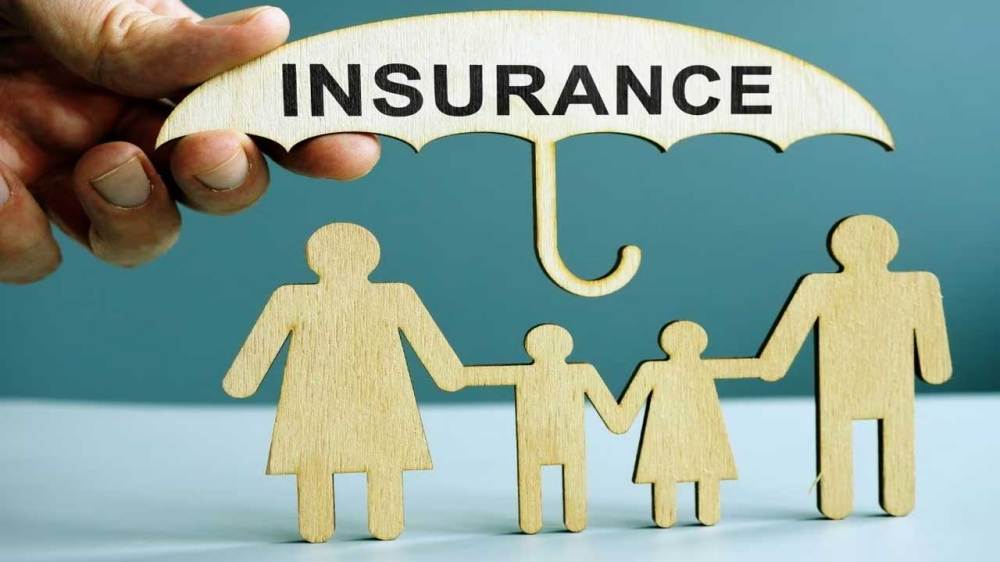
Despite the rise in insurance coverage, health insurers in India still have to pay out-of-pocket for about 47 per cent of health expenditure. This is much higher than the global average of 18 per cent.
The only solution to this problem is to increase the amount of cashless claims. Because, in a survey, 70 percent of the people said that if they do not get a cashless claim, they are forced to borrow money or spend from their savings. Recently, IRDIA has also taken a step in this direction. Because, now it is the turn of those policyholders who have adopted the reimbursement method to cry. Cashless treatment is a favorite option among policyholders, but there have been complaints that many insurance companies do not provide this facility. According to the survey, 12 percent of the reimbursement claimants were dissatisfied with this type of process, while among cashless claimants this figure was very low i.e. only four percent. That is, 89 percent of the claimants who took cashless claims were satisfied, while 79 percent of the holders who took reimbursement claims were satisfied. Also, two out of three policyholders are found unable to meet the medical expenses under reimbursement claims. The survey revealed that policyholders who settle claims through the reimbursement system have to borrow money or break their savings to meet health expenses. The survey revealed that 68 percent of claimants who opt for the reimbursement method did not have sufficient savings to meet medical expenses. Not only this, when the cost of treatment exceeds Rs 1 lakh, the amount to be borrowed also increases. This trend is especially seen in small towns.
The reimbursement method is pocket-friendly
Health insurers in India pay about 47 per cent of health costs out-of-pocket, which is much higher than the global average of 18 per cent.
The option of cashless treatment is available among policyholders, but many insurance companies complain that they do not provide this facility
According to the survey, 68 per cent of claimants who opted for the reimbursement method did not have sufficient savings available to meet medical expenses.
When the cost of treatment exceeds Rs 1 lakh, borrowing also increases, especially in smaller towns.
According to the survey, 12 per cent of reimbursement claimants were dissatisfied with this type of process, while among cashless claimants the figure was much lower at only four per cent.
 look news india
look news india